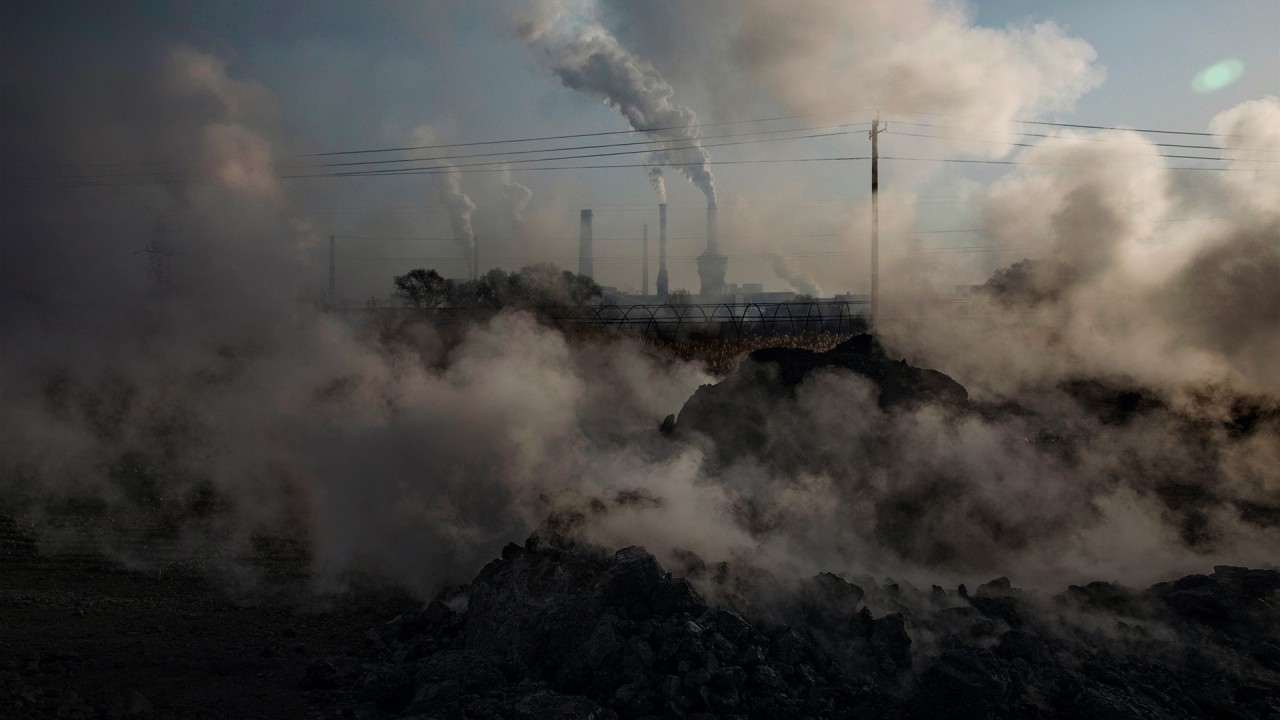Advertisement
Opinion | As COP26 puts climate change in focus, Hong Kong – and the world – must help the poorest cope
- A new study on climate change’s effects on Hong Kong subdivided flat residents found nearly 60 per cent of those surveyed experienced hotter temperatures in their flats than outside
- Drastically reducing emissions and allocating more climate financing to adaptation are essential to easing the suffering of the world’s most vulnerable
Reading Time:4 minutes
Why you can trust SCMP
1

The UN Climate Change Conference must be a watershed moment at which governments take urgent action to reduce emissions and commit to increasing their support for climate vulnerable communities. Although the poorest across the world are already bearing the brunt of the effects of climate change, momentum on these issues is lacking and the outcomes emerging from the conference are insufficient.
Advertisement
Outcomes from the Group of 20 summit were indicative of this and seemed to echo the shameful lobbying attempts that recently came to light. Before the conference, a trove of leaked documents showed some of the world’s biggest coal, oil, beef and animal feed-producing nations attempted to exclude findings from a key UN climate report that threatened their domestic economic interests.
While a lack of enthusiasm to tackle climate change might have been sadly unsurprising in previous years, this year’s summit is make or break for the planet’s future. There is no room for parochial national interests.
Governments are not cutting emissions fast enough to keep us safe. Scientists say emissions must fall 45 per cent by 2030 compared with 2010 levels to limit global temperature rise to 1.5 degrees Celsius. However, the latest projections suggest we are on course for a 16 per cent increase by 2030, leading to a catastrophic 2.7 degrees of warming by the end of the century.
While that might seem like a distant threat, let us not forget that climate change is happening now – from drought in East Africa and Central America to wildfires in Australia and the Amazon to supercharged storms in the Bay of Bengal. Extreme weather such as this is also increasing food insecurity in hunger hotspots.
More than 160 million people around the world are living in crisis levels of food insecurity or worse – 26 million more people than last year. Sadly, it is the world’s poorest countries that are paying the price for a climate crisis they did little to cause. They need the tools and resources to adapt to climate change now.

Advertisement

